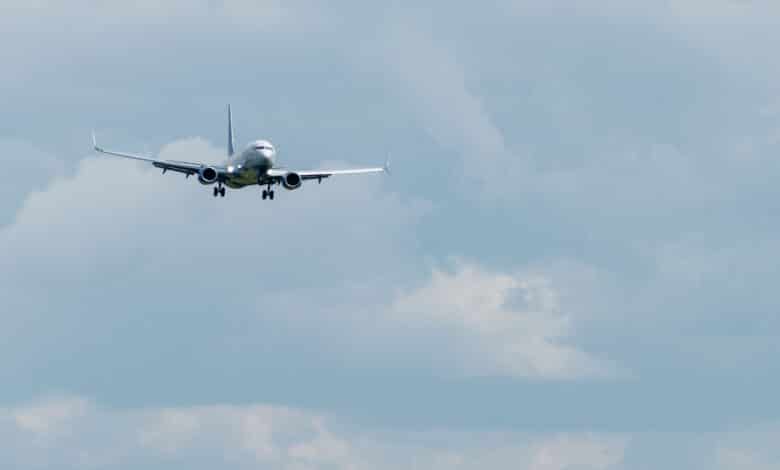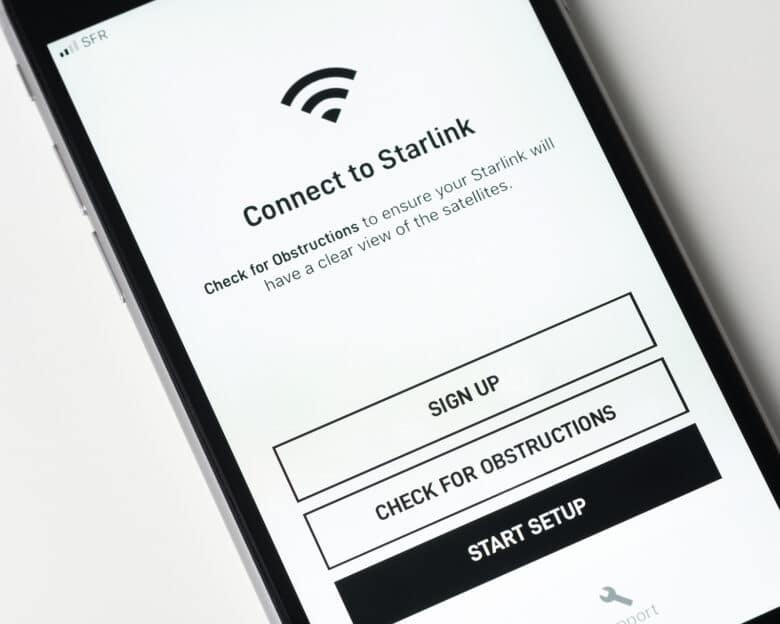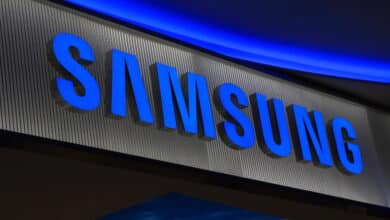
Starlink is getting competition from an aircraft manufacturer. No less than Boeing now wants to follow a similar path as Elon Musk’s company SpaceX has already done. A total of 147 satellites are to be placed in orbit around the earth to provide fast Internet on our planet. Now Boeing has received approval for the project on the part of politicians.
Four-year wait ends
The idea of a dedicated satellite Internet was not a spontaneous idea of Boeing. Rather, this is a project that the giant space and aerospace company expressed back in 2017. After four years of anxious waiting, the aircraft manufacturer has now finally received the okay from the FCC (Federal Communications Commission). But what does Boeing have in mind in detail? A total of 147 satellites are to be placed in orbit around our blue planet. The satellites do not all circle us at the same distance. While a large number of them (132) are to move at an altitude of just under 1,056 km, the rest are to move in a so-called “non-geostationary orbit”. These 15 satellites will then remain between 27,355 km and 44,221 km altitude.
Exclusive customers only
Now, you don’t have to wander right over to Boeing’s website to sign your new Internet contract. After all, this is an exclusive offer for now, which the aircraft manufacturer wants to offer primarily to public authorities and large companies “in the United States, Puerto Rico and the U.S. Virgin Islands.” After a certain “trial period,” however, the expansion for worldwide use of the satellite Internet is also planned.
Boeing is already advertising that its own satellite Internet is faster than that of its competitors. The higher data transmission rate is said to result from the use of V-band frequencies. In comparison, SpaceX uses Ku-bands for its Starlink. These are slower, but at the same time they offer a more stable connection and suffer less frequently from interference. SpaceX has already announced that it also wants to use the new V-band standard in the future. So how long Boeing will be able to exploit its advantage remains questionable.
First come, first served?
There is a bit of irony in the fact that Elon Musk, of all people, is raging against Boeing’s plans. The founder of SpaceX commented on the plan of the aircraft manufacturer in 2019 as a risky idea. After all, the number of satellites circling in orbit naturally increases the risk of accidents involving them. Collisions cannot be ruled out. Now, however, it turns out that this risk has no relevance at all for Boeing. After all, the company has its satellites orbiting in higher spheres than SpaceX & Co. We are curious to see how close it will get in the next few years in the orbit of our planet.

Boeing still has to rethink its original plan a bit. Finally, the FCC did not agree to the same schedule. The aircraft manufacturer wanted to launch its satellites within the next twelve years. However, the U.S. authority only approved the plan on the condition that Boeing ships all its satellites into space within the next nine years. Furthermore, the order states that half of the “Internet donors” should be on the Internet after just six years. With that, the company has to push a little.




No replies yet
Neue Antworten laden...
Neues Mitglied
Beteilige dich an der Diskussion in der Basic Tutorials Community →